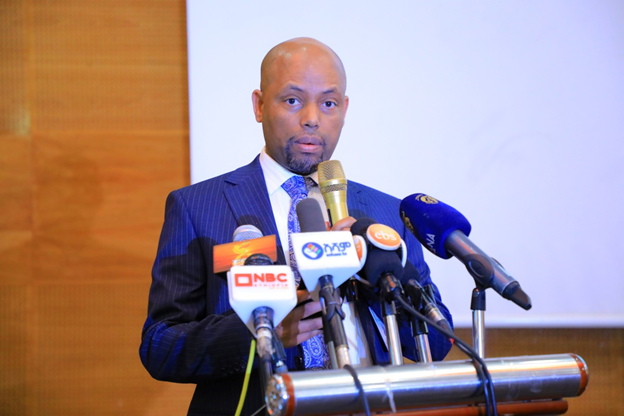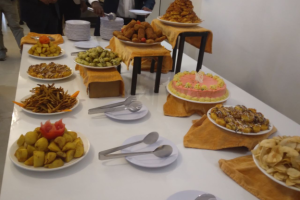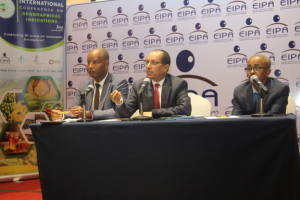
•About 75 Percent of electrical inputs imported from abroad
ADDIS ABABA – The Ethiopian Electric Utility (EEU) has called on private manufacturers to strengthen their collaboration with the utility to accelerate the country’s electrification efforts and contribute to economic growth.
In a discussion held yesterday with local manufacturers of electrical distribution materials, EEU emphasized the need for greater local production and strategic partnerships to reduce reliance on imported electrical inputs.
EEU CEO Eng. Getu Geremew stated that private manufacturers play a vital role in Ethiopia’s goal of providing universal, affordable, and sustainable electricity access to homes, industries, schools, and healthcare centers.
He encouraged manufacturers to enhance partnerships not only with EEU but also with the European Union (EU), particularly in alignment with rural electrification, urban infrastructure, and airport reliability initiatives.
“EEU is committed to quality construction and implementation. We are focusing on ensuring compliance with standards and quality by working closely with private manufacturers. We urge them to invest in continuous quality control, and to ensure their products meet EU specifications to prevent breakdowns and mitigate safety risks,” Eng. Getu said.
He also highlighted EEU’s shift toward long-term strategic partnerships rather than fragmented supply relationships. “We are introducing new procurement frameworks that prioritize quality, performance, past partnerships, and overall value. Collaboration with the EU will continue through development planning, consultations, and joint efforts to turn our supply chain into a competitive advantage, not a bottleneck.”
EEU Supply Chain Division Director Tesfaye Megerssa, revealed that currently, about 75 percent of Ethiopia’s electrical input materials are imported, with only 25 percent produced domestically. “This heavy reliance on imports is due to challenges such as foreign currency shortages and limited access to loans,” he explained.
He noted that Ethiopia spends between 14 to 20 billion Birr annually on importing electrical inputs. To promote local manufacturing, EEU has introduced several incentives, including pre-contract agreements without bidding, retention payments, and letters of support to relevant institutions to facilitate cooperation.
Manufacturers present at the discussion also requested that more favorable conditions be created to enhance their capacity and enable more efficient and effective production.
BY ESSEYE MENGISTE
THE ETHIOPIAN HERALD SATURDAY 26 APRIL 2025





